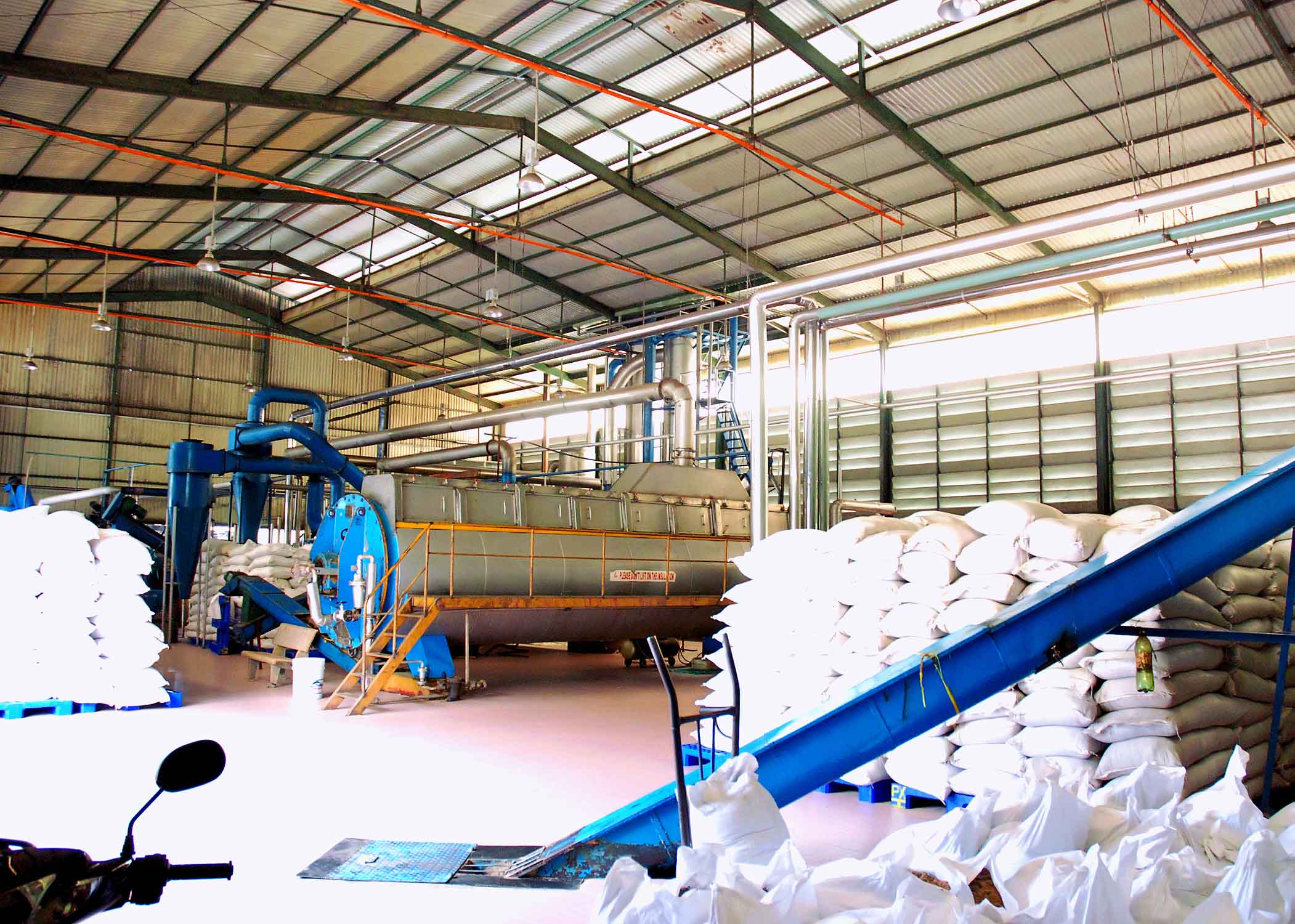Many experts warn that escalating food prices, rather than high oil prices, are likely to become the biggest threat to global economic growth this year. The burden of food price inflation will mainly fall on the shoulders of developing countries, which are the main drivers of the current recovery of the world economy.
In recent weeks, oil prices have been pushed up almost by a single factor, the political crisis in the Middle East-North Africa region. Investors fear that the conflict in Libya could turn into a civil war and spread to the world’s largest oil producer, Saudi Arabia.
However, assuming the oil supply from Saudi Arabia is not disrupted, the impact on global consumer spending will not be large. Meanwhile, food-food prices are forecasted to rise further, which will put more pressure on households’ budgets.
“At the moment, the rise in food prices is the most worrying thing,” Thomas Helbling, an adviser in the research arm of the International Monetary Fund (IMF) told Reuters.
Last week, US Treasury Secretary Timothy Geithner expressed a similar view, pointing out that rich countries can use strategic oil reserves in case of need, while food prices- food will remain high “for a long time.”
In a speech ahead of the annual National People’s Congress session at the weekend, Chinese Premier Wen Jiabao said fighting inflation was Beijing’s top priority this year. According to Mr. Wen Jiabao, the Chinese government will make every effort to keep inflation below 4% for the whole year.
The sharp increase in food-food prices and house prices are the main factors driving up inflation in China in recent years. In January, the country’s consumer price index (CPI) increased by 4.9% year-on-year, up from 4.6% in December, although lower than 5.1%. in November.
This week, retail statistics in the US, China and UK markets will show how consumers responded in February, when violence in Libya pushed up energy prices.
Economists polled by Reuters even forecast that February is still an explosive growth month for the retail sector in China, with retail sales growth possibly reaching 19, 1% over the same period last year. For the US, the retail sales growth forecast in February is 1% compared to January, higher than the increase achieved in January compared to December 2010.
It should be noted that part of the above consumption growth reflects that consumers have to spend more money to buy gasoline in February, and if oil prices continue to remain high, people will have to “austerity belts”. According to a Reuters investigation, up to this point, US consumer confidence is still growing along with the increase in gasoline prices. But experts say that if oil prices go higher, consumer confidence will fall first.
However, according to oil traders’ bets, the price of light sweet crude in the US will peak at around $106/barrel this year and will drop further next year.
A “moderate” oil shock, with oil prices rising above $110 a barrel, would cut global economic growth by 0.4 percent, said Deutsche Bank economist Peter Hooper. This will be a small loss compared to the 4.2% growth forecast that experts forecast for the world economy this year in a Reuters poll.
According to Mr. Hooper, if oil prices touch 150 USD/barrel, global GDP growth will be “cut” by 2%, but the probability of this oil price is only 10-15%.
Meanwhile, food prices are forecasted by many experts to continue to increase, partly due to the impact of adverse weather, partly due to rising living standards on a global scale, pushing up the demand for meat. go to high place. This higher cost will largely fall on developing countries, where food purchases make up a larger proportion of household budgets.
Last week, World Bank President Robert Zoellick told Reuters that politicians in rich countries are not always aware of the political and economic challenges that food prices- high food burden on developing countries. In the event that high food prices take a toll on the growth rates of emerging economies, the global economy as a whole will malfunction.
According to IMF forecasts, emerging and developing economies will grow by 6.5% this year, while advanced economies are forecast to grow by only 2.5%.






